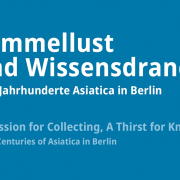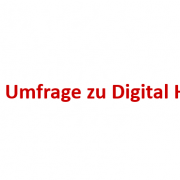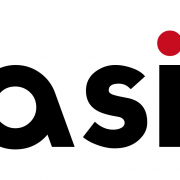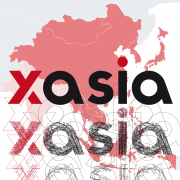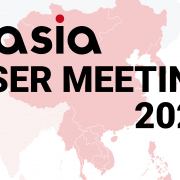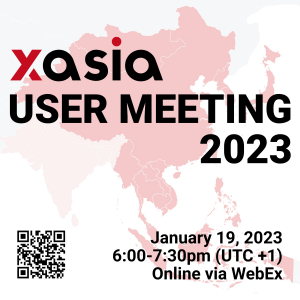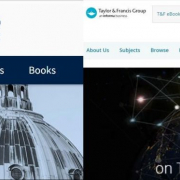The Specialised Information Service Asia (FID Asia) with its online platform CrossAsia has conducted a comprehensive survey as part of the CrossAsia Dialogue to determine the needs and wishes regarding a tailor-made DH curriculum for the CrossAsia Classroom. With the increasing integration of digital tools and methods, new horizons are opening up for research and teaching in the humanities. In this article, we present and analyse the results of this survey, in which a total of 88 people participated. It should be noted that some questions were asked in a dependent manner, for example when previous knowledge was asked for and this was answered with “No”, which meant that the respondents automatically skipped the relevant areas. This dynamic is reflected in the analysis by the answer option “Question skipped” and is taken into account in the context of the analysis.
Part 1: Regions and technical background
In order to be able to offer customised services to meet the needs of our users, we have collected data on their regional and professional background.
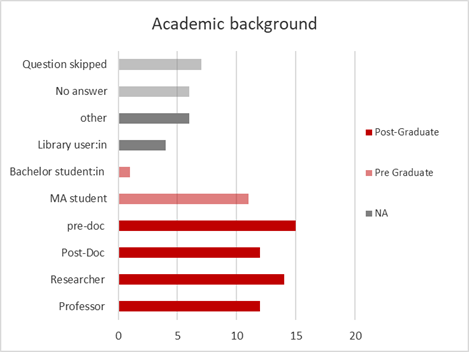
Figure 1: (Question 1) Which category best describes you?
The survey results show a diverse participation of different groups with an interest in the FID’s DH programmes. While PhD students (15) are the most common single group within the overall majority of post-graduate researchers (53). In contrast, there is a minority of MA and BA students (12) as well as a small group of library users (6) and others who do not belong to an academic institution (6). This composition reflects the general user base of the FID and makes it clear that the services are primarily used by established academics, doctoral students and advanced students. This emphasises the focus on cutting-edge research and confirms that the FID’s services are primarily developed to meet the needs of these groups. In terms of the relationship to university services, this shows a need for services for established researchers regardless of their academic training during their studies.
The regional origin of the interviewees also shows that the interest in DH offerings broadly corresponds to the composition of CrossAsia users as a whole.
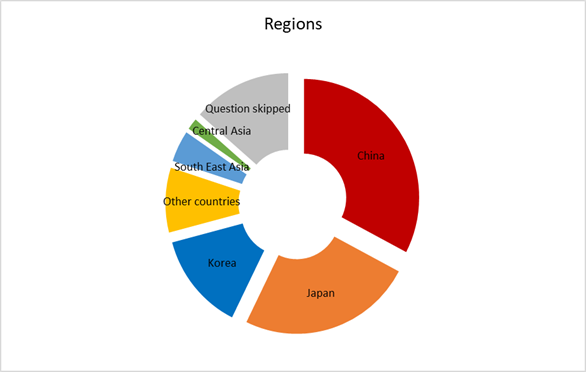
Figure 2: (Question 2) In which regions do you work/study?
The majority of respondents (36) stated that they were interested in China, followed by Japan (27) and Korea (15). Southeast Asia and Central Asia were mentioned by 5 and 2 respondents respectively. The “Other” category had 10 responses, with regions such as South Asia, West Asia, Greater China, the USA and Europe being mentioned. This distribution also reflects the usage patterns of our services, with China being the most requested region for FID Asia’s offerings, followed by Japan and Korea. This emphasises the relevance and importance of these regions for the research activities and interests of our users.
The following questions are aimed at the specific DH background of the participants, based on the question about the initial contact.
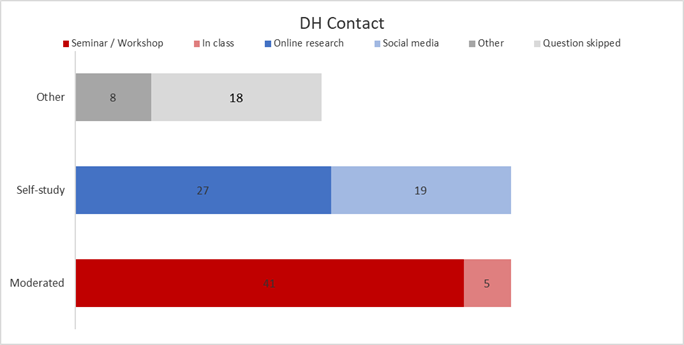
Figure 3: (Question 3) How did you first hear about the digital humanities?
The responses, for which multiple answers were permitted, show that structured educational programmes and self-study are on a par. University seminars or workshops are the most common answer (41) for initial contact with the topic. This was followed by 27 responses for online research. Under the category “Other” (8), lectures, programmes offered by their own university and personal interest were named as sources. These results suggest that structured offerings such as those provided by CrossAsia are useful for promoting interest in the digital humanities and that they should be made available online on an ongoing basis
This is followed by a question on the participants’ self-assessment of their current level of knowledge of the digital humanities.
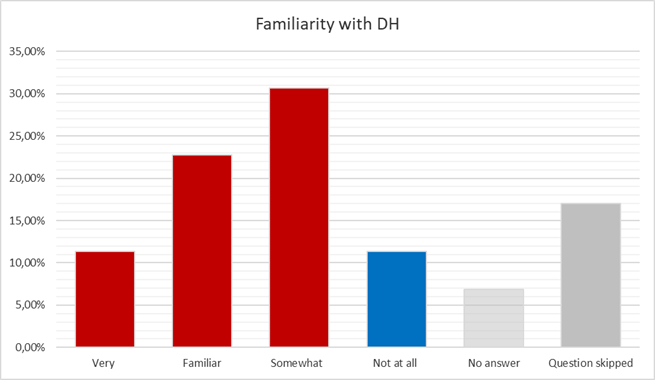
Figure 4: (Question 4) How familiar are you with the field of digital humanities?
The majority of survey participants already have some understanding of the topic of DH. Even if this does not allow any conclusions to be drawn about the entirety of FID users, it shows that offers that require prior knowledge best reflect the level of knowledge of those interested. Just over half (52%) are somewhat familiar or familiar. Around 11% of participants stated that they were “not at all familiar” with DH topics. Given that the user base consists mainly of prospective and established scientists, specifically targeted training programmes for a smaller group of users may be beneficial.
We then asked them to assess the relevance of the topic for their own research.
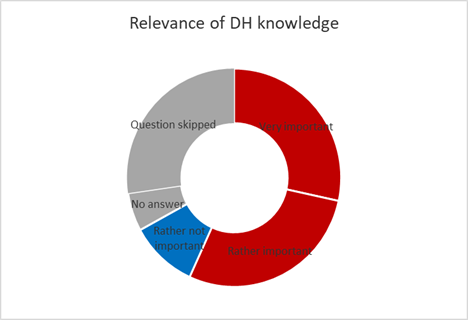
Figure 5: (Question 5) How important is knowledge of digital humanities for your work or studies?
The survey results illustrate the relevance of digital humanities for one’s own work or studies. Especially in a direct comparison of the answers given (red and blue in Figure 5). Over 80% of respondents stated that the digital humanities were “very important” or “fairly important” to them. This distribution emphasises the importance of digital humanities and the need to provide corresponding offerings.
Evaluation part 1:
The results show that the FID Asia should further develop its programmes in the CrossAsia Classroom in order to meet the needs of cutting-edge research. The survey shows that the majority of respondents are in advanced studies or already have a doctorate. This emphasises the need to view our services as complementary to university courses. Our programmes are not purely introductory courses. Rather, they are designed to teach advanced methods and techniques. The aim is to make a sustainable contribution to the research community.
Part 2: Technical knowledge of respondents
In order to make customised offers, it is necessary to identify the technical background of the target audience more precisely. The second part of the survey therefore aimed to record the technical skills and tools of the digital humanities. A selection of common programmes and services were surveyed. However, respondents also had the opportunity to freely name applications.
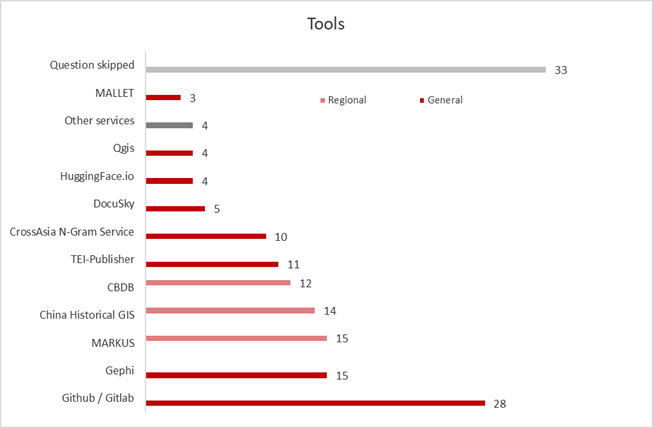
Figure 6: (Question 6) Please indicate which of the following tools or services you have used as part of your research work.
The answers illustrate the focus on the China region already visible in question 2. Of the top five tools and services used, three have a regional focus on China (CBDB, CGIS, MARKUS). The most frequently mentioned service is GitHub/GitLab, which is used by 28 respondents. This confirms the FID’s efforts to use GitHub for collaborations as well as for its own developments, which is currently being implemented. Among the four free responses, MeCab and ChatGPT were each mentioned twice. The survey was also approached with the expectation that universal tools that can be used regardless of region and language would be more strongly represented overall. This was not confirmed in this survey.
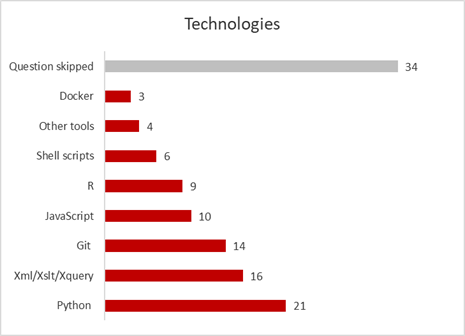
Figure 7: (Question 7) Which of the following technologies do you use in your research?
Question 7 aimed to find out the technologies used by the survey participants in their own research. Python is the most frequently used technology with 21 responses, followed by a relatively high prevalence of xml-based technologies. It is also interesting to note the low number of responses on JavaScript (10), which is a central component of the World Wide Web. In the free responses (4), relational databases (SQL) were mentioned once.
Evaluation part 2:
A certain need for action can be deduced from the answers given. Given the small number of participants, services that provide structured data appear to be much better known than the analytical tools for processing this data. Imparting knowledge about the relevant tools can therefore be seen as a requirement for the CrossAsia training programmes. Furthermore, the ongoing efforts to strengthen the FID’s GitHub presence should be continued and included in the DH educational programmes.
Part 3: Training programmes offered through the CrossAsia Classroom
The third section of the survey determines how respondents feel about training programmes, in what form they should be offered and which topics are particularly relevant.
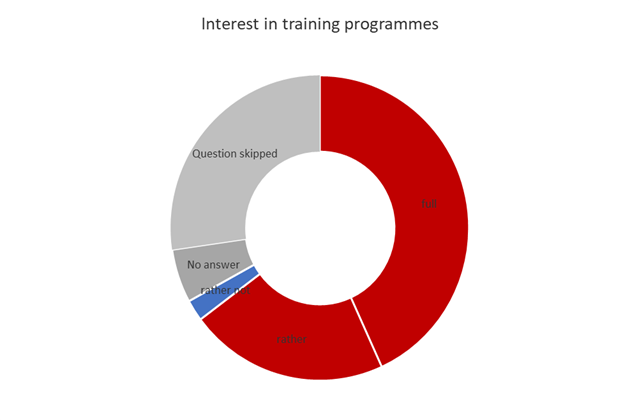
Figure 8: (Question 8) Would you be interested in taking part in workshops or training courses on digital humanities?
As expected, the level of interest among participants is high, with the survey results showing a clear interest in workshops or training courses on digital humanities. 43.18% of respondents fully agreed, while 21.59% somewhat agreed. Only 2.27% stated that they were not very interested. This illustrates the need for training in this area. In order to tailor the training programme to the needs of the users, the users’ preferences for the different forms of training should be surveyed.
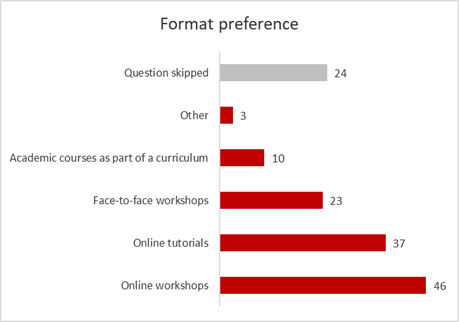
Figure 9: (Question 9) Which format would you prefer for teaching knowledge about digital humanities?
The survey results show a clear preference for online formats. Under “other”, three respondents mentioned “asynchronous video inputs” and “hackathons” as other possible options. The comparatively low interest in academic courses reflects the backgrounds of the survey participants described in Part 1. In order to take the preferences and needs of users into account when planning and designing training and further education programmes, the final survey focuses on the selection of topics.
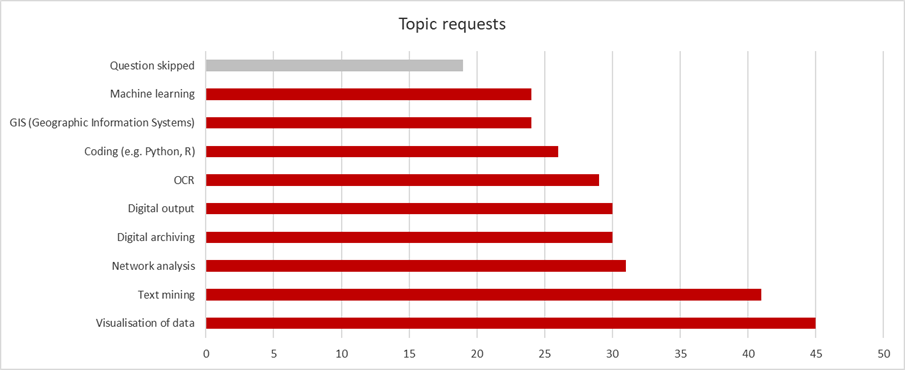
Figure 10: (Question 10) Which digital skills or tools would you most like to learn?
It is clear that the topics of “data visualisation” (45) and “text mining” (41) are in particularly high demand, with “network analysis” (31) in third place. In addition, offers on the topics of “digital archiving” and “digital editions” were requested with 30 mentions each. In the open question about projects, “digital editions” was mentioned most frequently (7 out of 26).
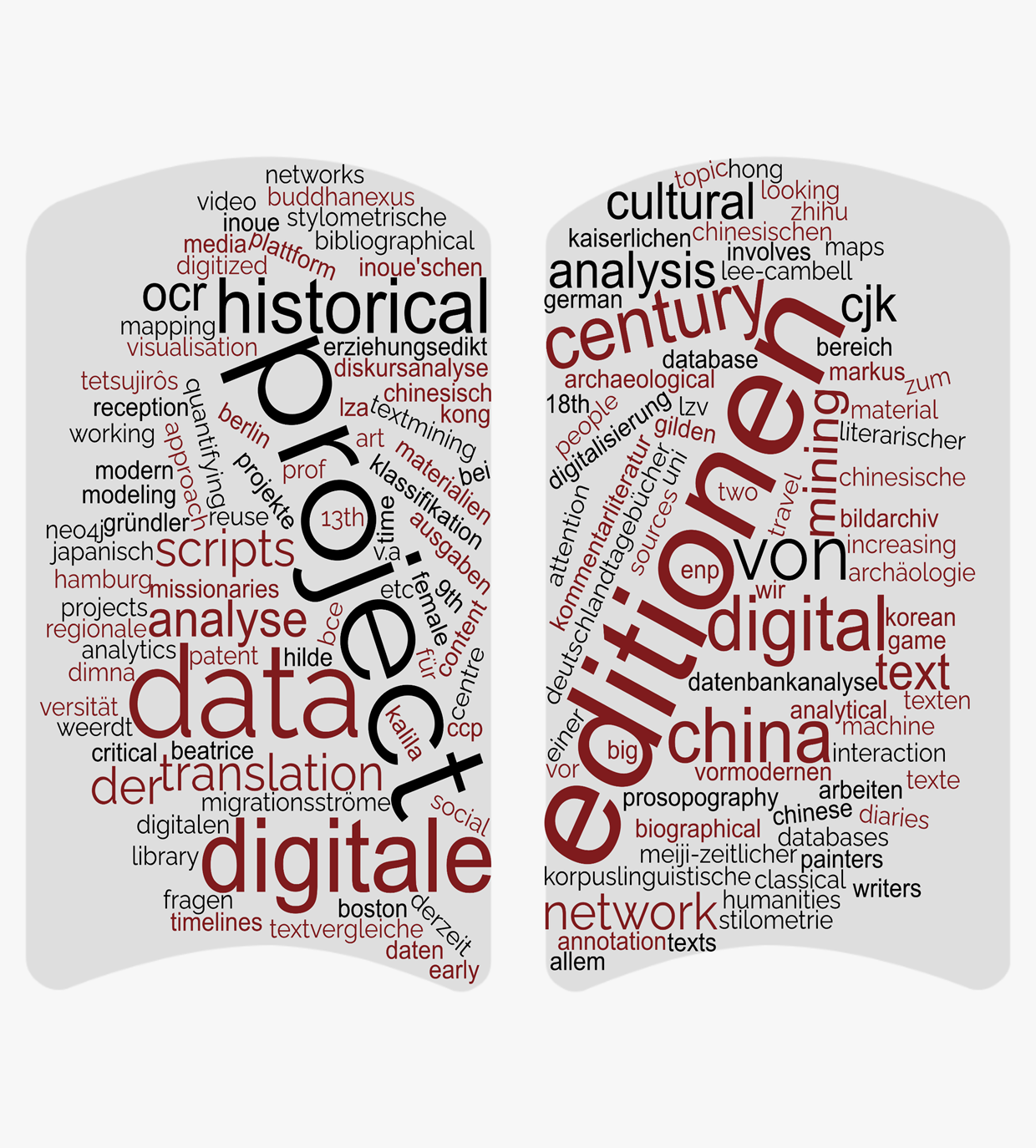
Figure 11: (Question 11) What specific projects or research work do you have in mind in which digital humanities methods are applied?
The interest in other topics such as “OCR (Optical Character Recognition)” (29) as well as “Machine Learning” and “GIS (Geographic Information Systems)” (24 each) shows the diversity of respondents’ needs in the field of digital humanities and helps the FID to plan the training programme within the CrossAsia Classroom and the specialist training courses accordingly.
Evaluation part 3:
It can be stated that there is a clear interest in workshops or training courses in the field of digital humanities. The majority of respondents were in favour of such offerings, with online formats being particularly preferred. This reflects the need for flexible and accessible training programmes. The different degrees of specialisation of the individual academics lead to a wide range of desired uses. While a certain basic knowledge of the digital humanities is already available, some participants are still at the beginning of their work with it and would like targeted training programmes. The clear identification of desired topics helps us to expand the training programme accordingly and adapt it to the stated needs.
What’s next?
The survey has shown that the topic of digital humanities is also becoming increasingly important in the Asian sciences. Based on your many helpful responses and suggestions that we received as part of the survey, we can now tackle this task in a more targeted manner. As a first step, the DH Lunchtalks were launched in November 2023, which serve as a low-threshold introduction to the topic of digital humanities and as a platform for the exchange of ideas and best practices.
In addition, the Digital Humanities Conference “Charting the European D-SEA: Digital Scholarship in East Asian Studies” will take place in summer 2024 in cooperation with the Staatsbibliothek zu Berlin and the Max Planck Institute for the History of Science. The aim is to provide an overview of the current state of digital research in East Asian Studies in Europe, to build a European community of East Asian scholars and to offer a platform for the exchange of important methods and resources in innovative digital projects worldwide. In addition, it aims to foster an interdisciplinary dialogue that brings together scholars and technical experts from different disciplines to share their knowledge on the application of digital methods and exchange experiences.
We invite you to accompany us in the further process with your suggestions and feedback.

